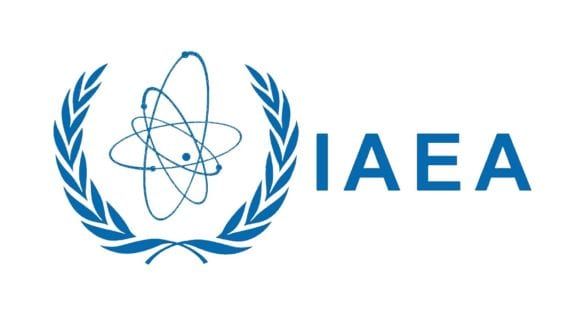RFL/RE – Tehran has called the UN nuclear watchdog’s resolution censuring Iran for failing to cooperate with it a “wrong and unconstructive move,” raising concerns that the chances of reviving a nuclear accord with global powers may be slipping away.
The resolution criticizing Iran for failing to explain uranium traces found at three undeclared sites was approved late on June 8 by 30 members of the board of the International Atomic Energy Agency (IAEA), with only Russia and China voting against it, while three others abstained.
IAEA Director-General Rafael Mariano Grossi has criticized Iran for failing to provide “credible information” about the unexplained nuclear material discovered at the three sites, which has long been a point of contention between the agency and Tehran.
After the resolution passed, France, Britain, Germany, and the United States called on Iran to comply with the IAEA without further delay to avoid any future action, but in a statement on June 9 Tehran accused the UN agency of being “hasty and unbalanced” in its move.
“The passing of the resolution will have no effect but the weakening of the trend of cooperation and interaction of the Islamic Republic of Iran with the IAEA,” it said.
Senior Iranian nuclear officials had warned that passing the resolution could seriously damage attempts to revive the 2015 nuclear deal, which saw Tehran drastically limit its enrichment of uranium in exchange for the lifting of economic sanctions.
The sanctions returned after then-President Donald Trump unilaterally withdrew the United States from the accord in 2018. Talks to restore it have been stalled since April.
Tehran, which denies that its nuclear program seeks to build a bomb, has backed away from some of its commitments since 2019, and European powers have been expressing concerns over how far Iran’s nuclear activities have gone.
Iran has been engaged for more than a year in negotiations with Britain, Germany, France, Russia, and China directly — and the United States indirectly — to revive the deal, known formally as the Joint Comprehensive Plan of Action.
A revamped deal was reportedly close in March, but the talks in Vienna then abruptly stalled in April with Tehran and Washington blaming each other for failing to take the necessary political decisions to settle remaining issues.
The U.S. special envoy for Iran, Robert Malley, said on May 25 that the prospects of reviving the nuclear deal were “tenuous” at best and that it was more likely than not that talks ultimately will fail.
 Shabtabnews In this dark night, I have lost my way – Arise from a corner, oh you the star of guidance.
Shabtabnews In this dark night, I have lost my way – Arise from a corner, oh you the star of guidance.



